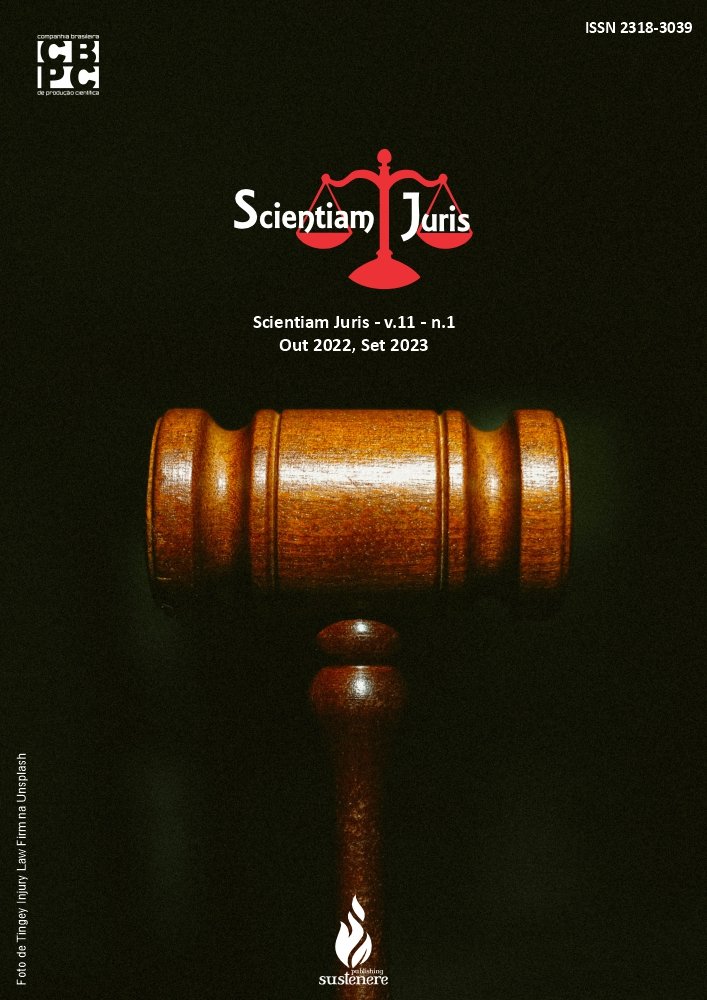Modernization of the CNIS and its impacts on social security advocacy: an analysis of post-social security reform changes
DOI:
https://doi.org/10.6008/CBPC2674-6409.2024.001.0003%20Keywords:
Social Security Law, Social Security Advocacy, CNIS, Social Security Reform, Pension PlanningAbstract
This study deeply analyzes the transformations in the National Register of Social Information (CNIS) triggered by Constitutional Amendment nº 103 of 2019, focusing on the developments for social security advocacy. The research problem focuses on the need to understand how changes in the CNIS, an essential tool for managing social security data, impact the effectiveness in defending the rights of insured people, especially considering new legislative guidelines. The general objective of this work was to analyze the impact of these changes in the CNIS on the practice of social security law, evaluating how the updates affect the accuracy of information, the efficiency in accessing and processing this data, and how this changes the ability of lawyers to defend the social security rights of its clients. Methodologically, the study adopted a qualitative approach, using a literature review to explore relevant legislation, academic articles and official publications that contextualize the functioning and updates of the CNIS. Furthermore, the article analyzes how the integration of the CNIS with the Digital Work Card after the reform promotes increased transparency and reduces the chances of fraud and registration errors. The theoretical review chapters discuss the evolution of the CNIS, the challenges brought by the new indicators introduced after the reform and how they require constant updating and familiarity with the system, imposing a learning curve for legal professionals. It also addresses the duality of the benefits of digitalization, which, although it increases efficiency and transparency, also requires significant adaptations on the part of users and professionals. The partial results indicate that, despite operational and learning challenges, the modernization of the CNIS has provided substantial improvements in the management of social security information, facilitating social security advocacy through faster and more accurate access to insured information. In conclusion, the article reiterates that the modernization of the CNIS is fundamental to the effectiveness of social security advocacy in the digital era, requiring professionals to have a deep understanding of the system's new functionalities and to quickly adapt to its complexities. However, it highlights the need for continuous development of public policies that promote digital inclusion to ensure that all citizens can benefit equally from technological innovations in the pension sector.
Downloads
Published
Issue
Section
License
Copyright (c) 2024 Libro Legis

This work is licensed under a Creative Commons Attribution-NonCommercial-NoDerivatives 4.0 International License.
The CBPC - Companhia Brasileira de Produção Científica (Brazil CNPJ: 11.221.422/0001-03) the material rights of the published works. The rights relate to the publication of the work anywhere in the world, including rights to renewals, expansions and dissemination of the contribution, as well as other subsidiary rights. All electronically published works may subsequently be published in printed collections under the coordination of this company and / or its partners. The authors preserve the copyright, but are not allowed to publish the contribution in another medium, printed or digital, in Portuguese or in translation.








